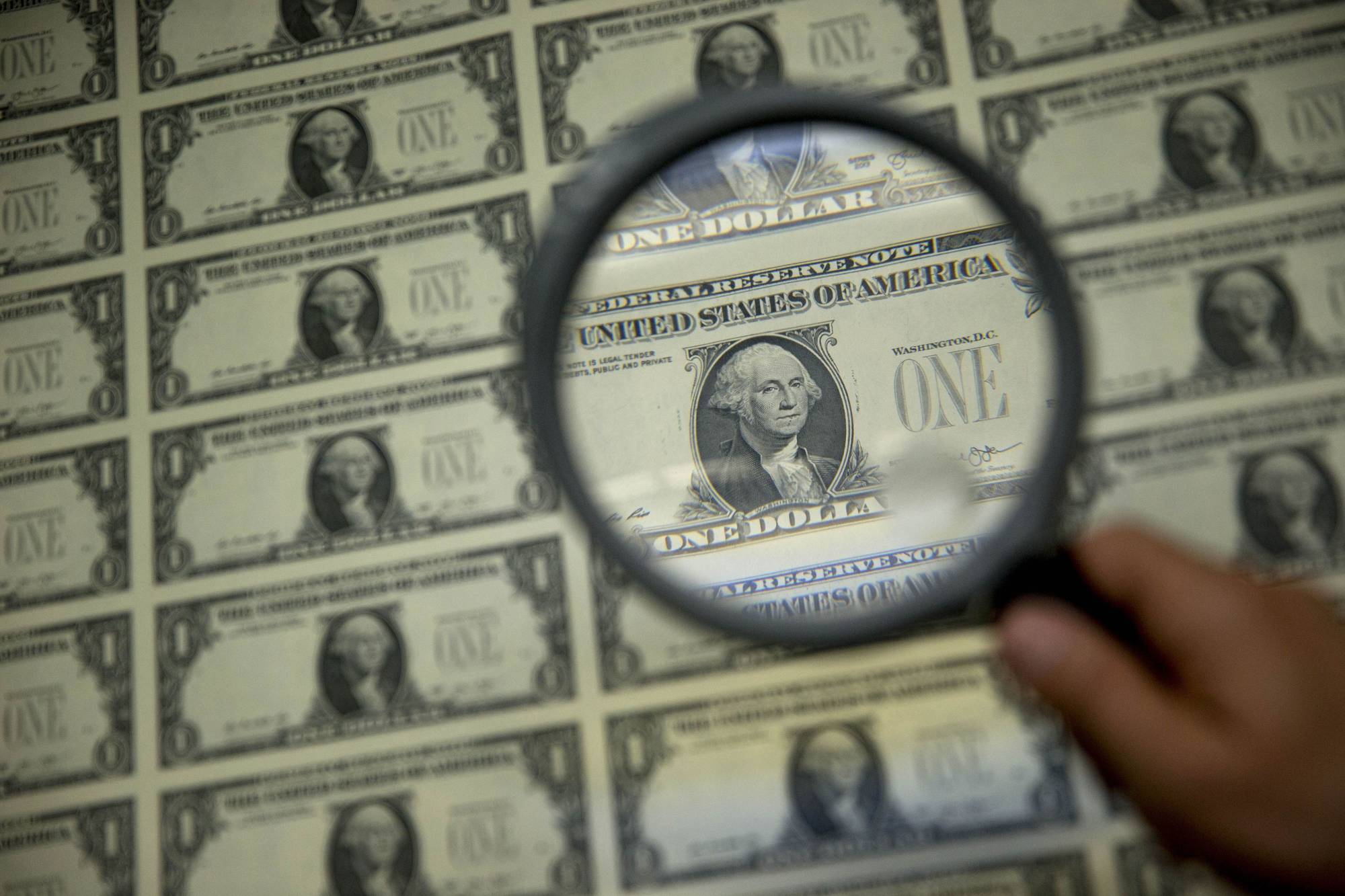Savers are about to learn one painful and one surprising lesson about interest rates and banks.
First, just because the Federal Reserve is raising rates doesn’t mean the rate investors earn on their cash will rise as much — if at all. In fact, the financial repression in the form of zero rates suffered for more than a dozen years by those who are ultra conservative with their savings isn’t going away soon. Second, banks don’t want your money. Understanding these dynamics will go a long way toward explaining why the stock market and other riskier assets may prove resilient to the tighter monetary policy that is coming as the Fed seeks to bring down the highest rates of inflation in 40 years.
Let us begin with a bit of history. In response to the financial crisis in 2008 and to pull the economy out of recession, the Fed reduced its benchmark rate to near zero and banks naturally followed suit. But making access to credit easier and cheaper was only part of the strategy. The central bank also wanted to create the "wealth effect,” hoping people would take money out of savings and money market accounts and put it into riskier assets such as stocks, sparking rallies that would make people feel richer.


















With your current subscription plan you can comment on stories. However, before writing your first comment, please create a display name in the Profile section of your subscriber account page.